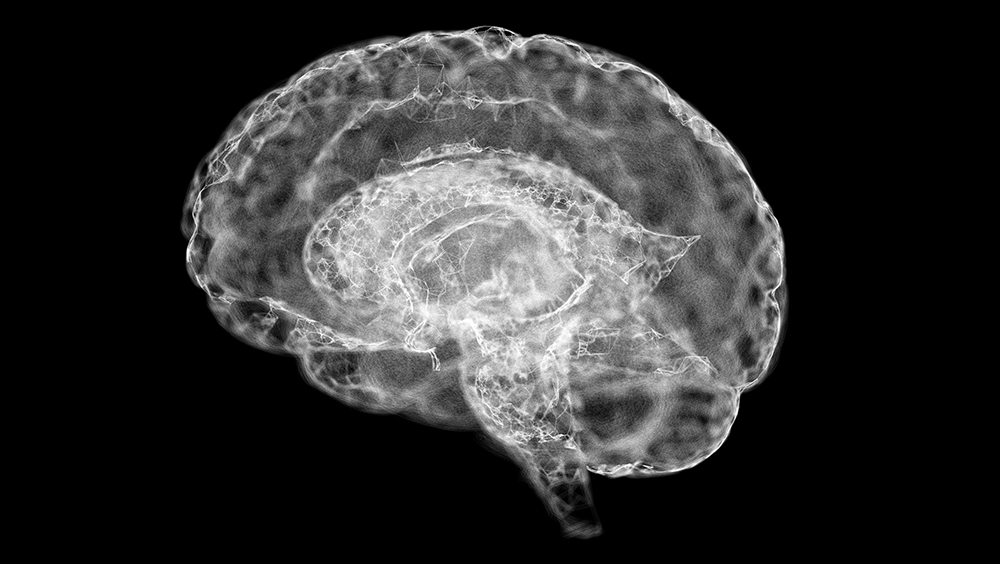
NIH-supported research has found that brain fog, a common effect of COVID-19, could be caused by the immune system’s response — without SARS-CoV-2 infection of the brain or nerves.

NIH-supported research has found that brain fog, a common effect of COVID-19, could be caused by the immune system’s response — without SARS-CoV-2 infection of the brain or nerves.
What you need to know
Many people have ongoing cognitive problems after COVID-19. Even people who have only mild symptoms can develop long-term problems with attention, concentration, and memory.
Many cancer patients experience something similar during or after chemotherapy, often called “chemo brain” or “chemo fog.” Chemo fog is related to the inflammation of neurons, and researchers thought that COVID-19 might be causing brain fog through a similar pathway.
In a study supported by the National Institute of Neurological Disorders and Stroke (NINDS), the National Eye Institute, and the National Institute of Allergy and Infectious Diseases, researchers examined how COVID-19 can affect the brains of mice and humans. They found that even if the virus never infects a nerve, COVID-19 can cause inflammation in the brain and change how some brain cells behave — much like what happens in chemo fog.
What did the researchers do?
Researchers looked for signs of inflammation and examined its effects on the brains in a mouse model of COVID-19. The mice were treated to make sure that their respiratory system responded to infection similarly to that of a human. On examination, the researchers could not find any signs that the virus had reached the brain. They also studied blood from people with long COVID and samples from the brains of people who had died after having COVID-19.
What did they learn?
Even a mild case of COVID-19 could cause long-term changes to the immune system and neurons. For example, at one and seven weeks after a mild respiratory case of COVID-19, mice had high levels of compounds involved in inflammation. The compounds were found in both the blood and the fluid that surrounds the brain and spinal cord.
The researchers found that after a mild case of COVID-19, a type of human immune cell in the brain called microglia became activated and stayed more reactive even weeks later. When the microglia are more reactive, the brain has trouble keeping up with some of its regular tasks, such as making new neurons in the hippocampus, a region of the brain that plays an important role in learning and memory.
Why is this research important?
The research shows that even a mild case of COVID-19 that affects only the respiratory system can cause long-term changes to how brain cells work. This could explain why some people report having problems with thinking and memory after COVID-19.
Where can I go to learn more?
Coronavirus and the Nervous System
- NINDS shares current research on the effects of COVID-19 on the brain and nervous system.
Studying Long COVID Might Help Others With Post-Viral Fatigue Ailments
- NINDS Clinical Director Dr. Avindra Nath discusses past and current research on long COVID and how that research may help people with myalgic encephalomyelitis/chronic fatigue syndrome.
Sources
Fernández-Castañeda, A., Lu, P., Geraghty, A. C., Song, E., Lee, M. H., Wood, J., O’Dea, M. R., Dutton, S., Shamardani, K., Nwangwu, K., Mancusi, R., Yalçın, B., Taylor, K. R., Acosta-Alvarez, L., Malacon, K., Keough, M. B., Ni, L., Woo, P. J., Contreras-Esquivel, D., Toland, A., … Monje, M. (2022). Mild respiratory COVID can cause multi-lineage neural cell and myelin dysregulation. Cell, 185(14), 2452–2468.e16. https://doi.org/10.1016/j.cell.2022.06.008

News and Stories
Read stories about the efforts underway to prevent, detect, and treat COVID-19 and its effects on our health.
 An official website of the United States government
An official website of the United States government

